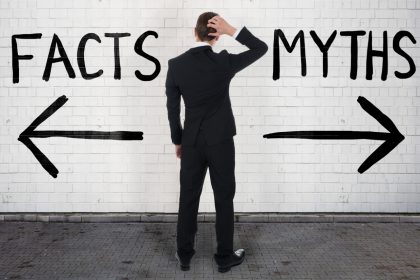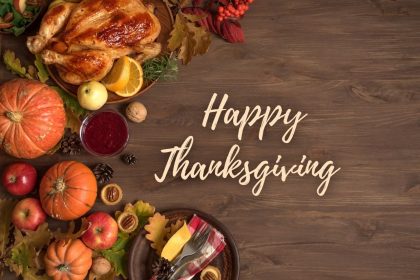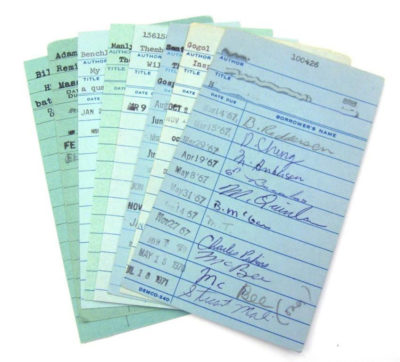If you missed Free Advice Friday last week, you can watch the replay on our YouTube channel, youtube.com/NewShelvesBooks.
April 8, 2022 Free Advice Friday Hot Topics
Check out the video at 1:07 to hear Keri give an update on how to get a PCIP block now that the Donahue Group is going out of business. The important things to know are that indie authors and publishers can submit to Donohue Group through the end of April, and the PCIP block will be delivered by the end of May. Beginning May 1, we are going to give Cassidy Cataloguing a shot. Cassidy is a small family-owned company that is adopting many of the same practices as Donohue Group. Important to know: When the Cassidy Group sets up an account for you, they charge a $30 set-up fee. However, they are waving the fee for Donohue Group customers making the switch (for a limited time).
Listen at 9:10 to hear ideas on best practices for approaching books stores.
- Go prepared. Take a book one-sheet that includes your ISBN #, where your book is available, the price, and the retail discount. If you aren’t sure about what to include on your book one sheet, New Shelves Book offers downloadable templates in our store.
- Take a copy of your book. Let your product speak for itself. You don’t have to give the store your book, but you should have a book on hand to show to the buyer.
- Timing is everything. Approach the staff at bookstores when they are not busy. If they appear to be busy, come back another time or drop off your one sheet and follow up via email or phone.
- Consignment as a way to get your foot in the door. Decide beforehand if you are willing to do a consignment. Some stores charge a consignment fee. A “normal” consignment split is a 40/60 split of the retail price, with the bookstore taking 40%. Keep in mind that although the author gets the higher share at 60%, the cost of the book/printing comes out of your profit.
- Accept rejection gracefully. No matter how prepared you are or how wonderful your book is, you will have buyers turn you down. It’s okay. You made a connection! Accept the “no” gracefully and continue to build the relationship for future opportunities.
When marketing, think outside of the box. For example, a favorite children’s clothing store could sell your children’s book. Likewise, you could approach a local coffee shop and promote your poetry book in their store. Have a fitness book? Approach your local gym for an event or display space.
Does an author need to transfer the copyright to their publisher? No, the author keeps the copyright. However, distribution rights go to the publisher.
If you sell your books at a fair, do you need to collect sales tax? Yes, you need to collect sales tax. You could sell your book at a flat price, say $20, to include tax. You will need to work backwards to ensure you are paying the correct amount of tax on each sale. It sounds complicated, but it really isn’t and doing this will help you avoid making change and dealing with coins during busy events. However you decide to set your price – you must pay the appropriate tax on each sale.
Listen in at 29:20 to hear Keri’s response to Amazon’s eBook return policy. Thanks to a few viral videos on TikTok, some authors are seeing massive increases in people returning eBooks. As a result, authors are pushing Amazon to implement a policy where readers can't return the audiobook once they have gone through a certain percentage of books. Romance and sci-fi genres seem to be the most affected at the moment.
At 36:00 in the replay, Keri talks about how Colleen Hoover went viral on TikTok… without posting to TikTok. Yes, find a couple of social media platforms and be consistent with those platforms. However, we need to be writing, not spending hours online. So, we need to work smarter, not harder. Smart Marketing: Find people to read your book and get your readers to market your book.
Marketing vs PR: With marketing, the goal is to close or make a sale. On the other hand, the goal of PR is to spread awareness. They go hand and hand. Brainstorm and find ways to get people to partner with you.
How important is it for authors to have a website? It is vital. It’s yours, and you own it. It is your presence and home online. It’s a spot for people to search and find you. Keri recommends including three main sections or tabs: about you, the author, a tab for your books, and most importantly—your contact information. Key: Have an email collection process in place!
Is Patreon a good idea? It depends on the author. Poets have done well with Patreon, and non-fiction writers might do well. Consider: Can you offer subscribers valuable and consistent content? Will people pay for your content on a recurring monthly basis?
If you have questions you’d like answered, join us next week, Friday, April 15th at 10am EST to get your questions answered LIVE or e-mail your questions in advance to info@newshelves.com with “FREE ADVICE FRIDAYS” in the subject line.








